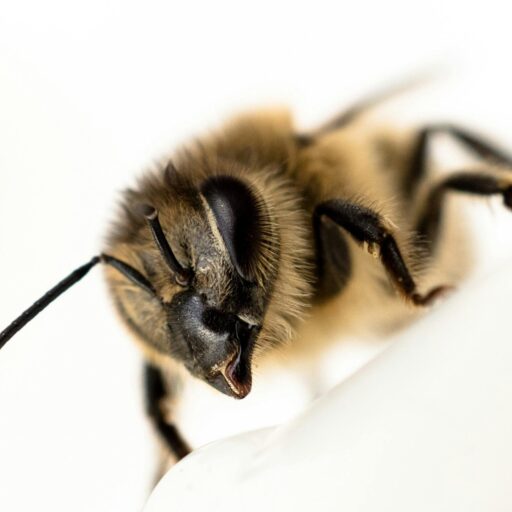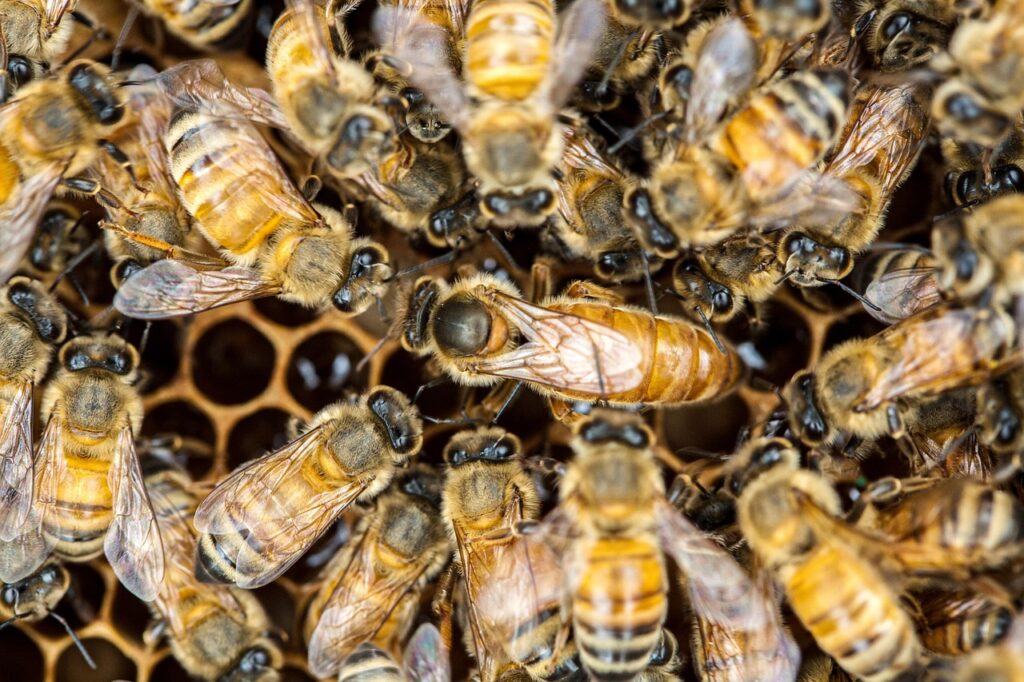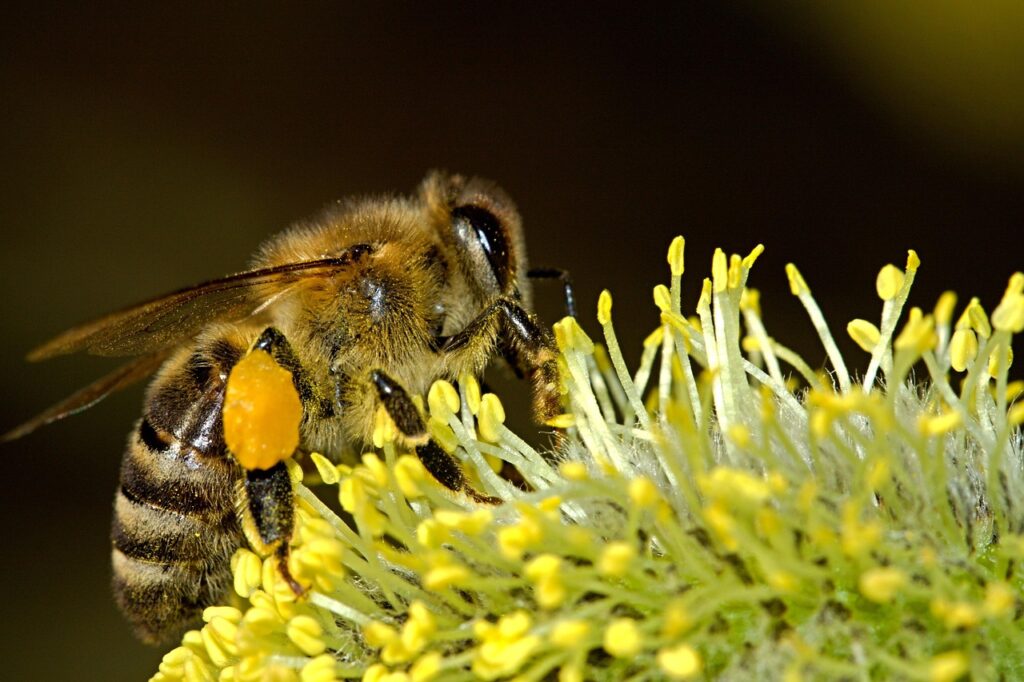Here’s some surprising bee facts you may not have heard of
Fascinating and Unexpected Facts
• Bees Can Recognize Human Faces: Studies show that bees can learn to recognize and remember human faces, a skill previously believed to be unique to larger-brained animals.
• There Are 20,000+ Bee Species: While honeybees are famous, most bees are solitary, and there are over 20,000 known species worldwide.
• Bees Have Hairy Eyes: Many bee species have tiny hairs on their eyes, helping them collect pollen more efficiently.
• Male Bees (Drones) Don’t Sting: Only female bees, including worker bees and the queen, are capable of stinging—males have no stingers.
• Honey Never Spoils: Archaeologists have found pots of honey in ancient Egyptian tombs that are still edible after thousands of years.
• Bees Communicate Through Dances: The “waggle dance” is a complex way honeybees tell their hive where to find the best flowers and nectar.
• Bees Beat Their Wings up to 230 Times per Second: This rapid movement is what gives bees their characteristic buzzing sound.
• Queen Bees Can Lay 2,000+ Eggs Per Day: During peak season, a queen honeybee lays between 1,500 and 2,000 eggs daily to sustain the hive’s population.
• Bees Can Fly Higher Than Mount Everest: Some bees have been observed flying at heights exceeding 9,000m, higher than the summit of Everest.
• Bees Can Get “Tired” and Sleep on Flowers: Bees sometimes doze on flowers, especially when far from the hive or at nightfall.
Quirky Bee Behaviors
• Bees Use Propolis as “Bee Glue”: Bees collect resin from trees to make propolis, which they use to seal gaps and reinforce their hives.
• Bumblebees Buzz Pollinate Tomatoes: Some crops, like tomatoes, only release pollen when vibrated—a technique called “buzz pollination” mastered by bumblebees.
• Bees Can Be Trained Like Dogs: Research has shown that bees can be trained to detect certain scents, including explosives and diseases.
These fun facts highlight not only how weird and wonderful bees are, but also their importance and intelligence in the natural world.



